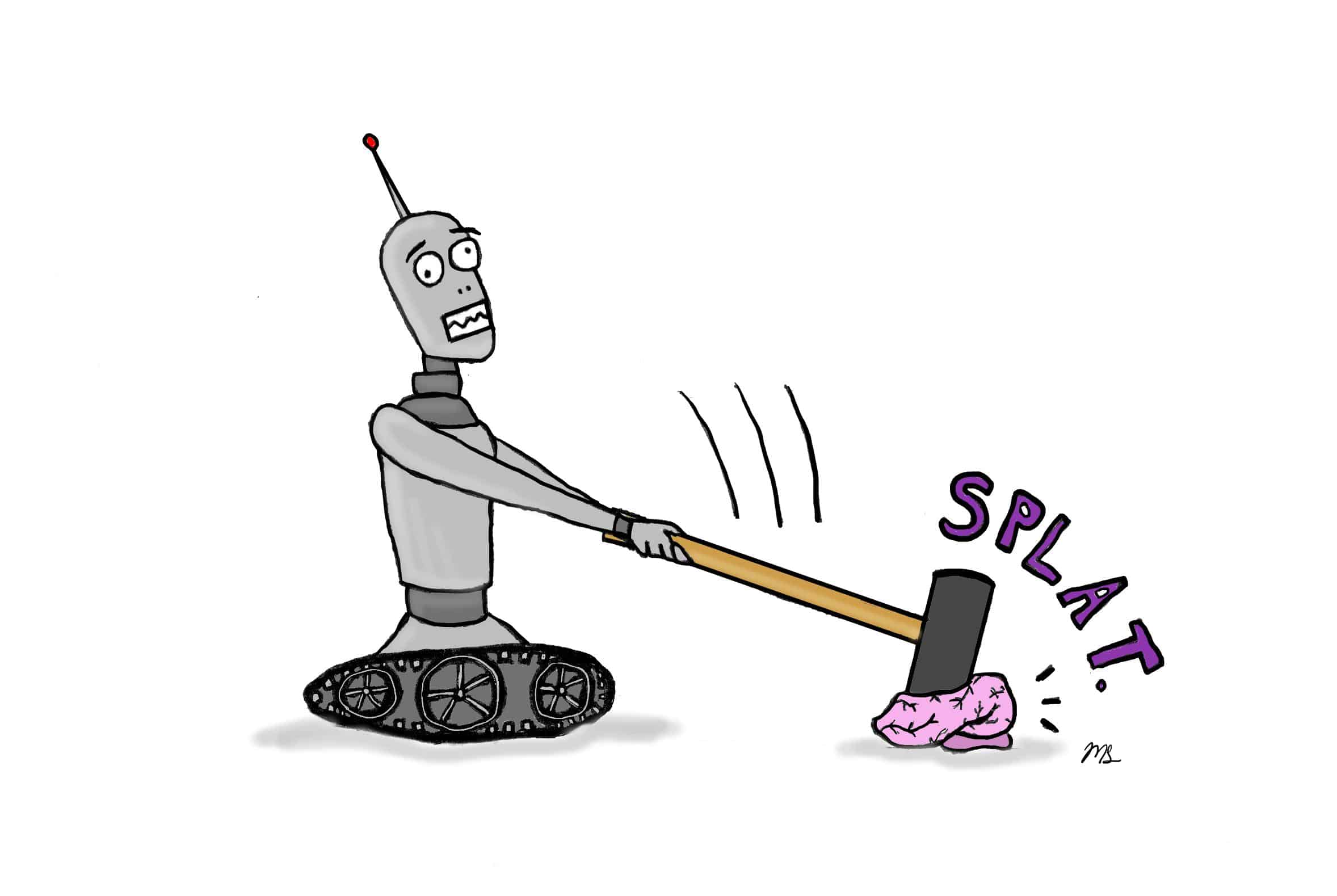The Creative Destruction Lab (CDL) at the University of Toronto’s Rotman School of Management is an incubator for science-based startups that solve pressing problems innovative ideas, particularly focusing on those that use artificial intelligence (AI) and machine learning. The Royal Bank of Canada (RBC) has recently announced support for the CDL by becoming a Founding Partner of the Lab’s Machine Learning Initiative.
RBC will provide funding and guidance for budding entrepreneurs to push forward their innovative ideas and turn them into marketable products. “We’re thrilled to partner with RBC on this initiative,” said Rachel Harris, Director of The Creative Destruction Lab. “With their support we are able to scale our program. We are now home to 50 AI companies. To our knowledge, this is the greatest concentration of AI companies in any program on Earth.”
From the advent of self-driving cars to the ubiquity of mobile personal assistants, research in AI has been a key driver of technological change in the past decade and continues to grow. Computers, while traditionally used as machines to aid in tedious calculations and large number manipulation, are now playing a larger role in our lives, assisting doctors with patient evaluations and helping law enforcement officials detect fraudulent activities.
“RBC Research in Machine Learning is part of our commitment to the advancement of machine learning and artificial intelligence in Canada,” says Gabriel Woo, RBC’s Vice-President of Innovation. “We are not only building our own capabilities, we’re also big believers in creating jobs in this space to retain the amazing talent we have in Canada. We’re working with leading universities across Canada like the University of Toronto to partner with the best, brightest and boldest minds in the country.”
This new RBC Machine Learning Research Initiative will be led by Dr. Foteini Agrafioti, a U of T engineering alumna best known for being co-founder of Nymi, the first wearable technology using biometric technology HeartID. She was also named ‘Inventor of the Year’ in 2012 by the University of Toronto for inventing HeartID.
U of T is home to nine startup accelerator programs within the three campuses, all devoted to the advancement of entrepreneurial staff and students. As a leading institution in transforming ideas into products, services, and jobs, it promises a prosperous future for Canada’s rapidly growing startup culture.
The CDL supports early-stage science-based startups in particular by connecting founders with highly accomplished and experienced entrepreneurs and investors. Using an objectives-based mentoring process, companies focus on developing a scalable product. In addition to funding, the Royal Bank will be offering an advisory board to the Lab’s AI focused companies to aid entrepreneurs searching for a second opinion or guidance.
The impact of the work being done at the CDL is expected to increase with this partnership; it hopes to attract more innovators who may otherwise have looked abroad to find incubators for their startups. The RBC Machine Learning team wishes to collaborate with academics to publish research in the field and support business solutions. This year, the CDL accepted 75 startups into its nine-month program in Toronto.
“We share a strong commitment to the study and advancement of artificial intelligence with the University of Toronto, one of the world’s leading institutions in this space. Our partnership with the university and the Creative Destruction Lab is an extension of our ongoing support of the Canadian digital ecosystem,” says Woo.
RBC also partnered with the University of Toronto earlier this year to open ONRamp at the Banting & Best Centre for Innovation and Entrepreneurship, another startup accelerator to help founders collaborate in an open space and grow their businesses.


